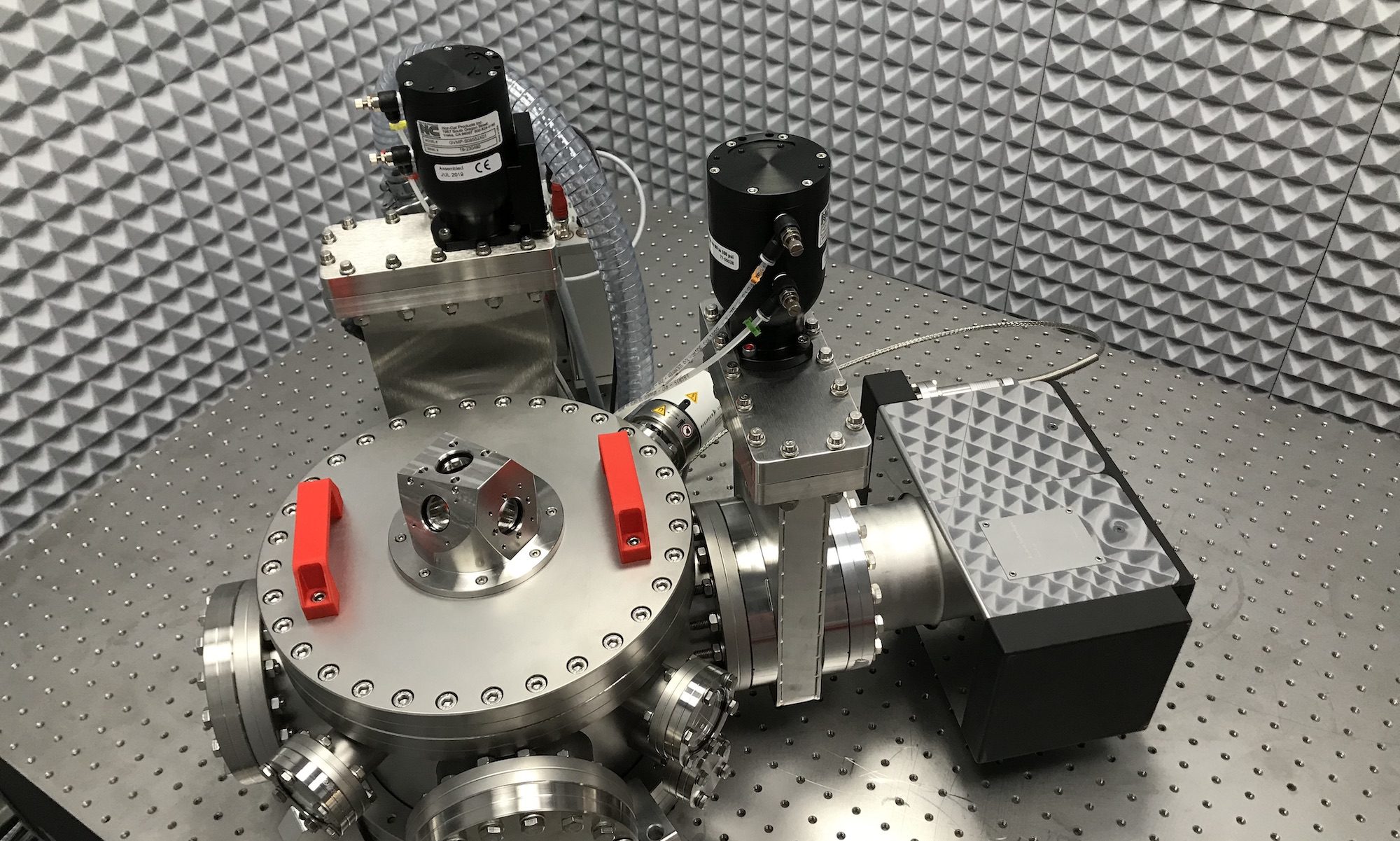L. Bellon and S. Ciliberto, Physica D-Nonlinear Phenomena 168 325-335 (2002)
doi: 10.1016/S0167-2789(02)00520-1
The validity of fluctuation dissipation relations (FDRs) in an aging system is studied in a colloidal glass during the transition from a fluid-like to a solid-like state. The evolution of the rheological and electrical properties is analyzed in the range 1-40 Hz. It is found that at the beginning of the transition the FDR is strongly violated in electrical measurements. The amplitude and the persistence time of this violation are decreasing functions of frequency. At the lowest frequencies of the measuring range it persists for times which are about 5% of the time needed to form the colloidal glass. This phenomenology is quite close to the recent theoretical predictions done for the violation of the FDR in glassy systems. In contrast in the rheological measurements no violation of the FDR is observed. The reasons of this large difference between the electrical and rheological measurements are discussed.

